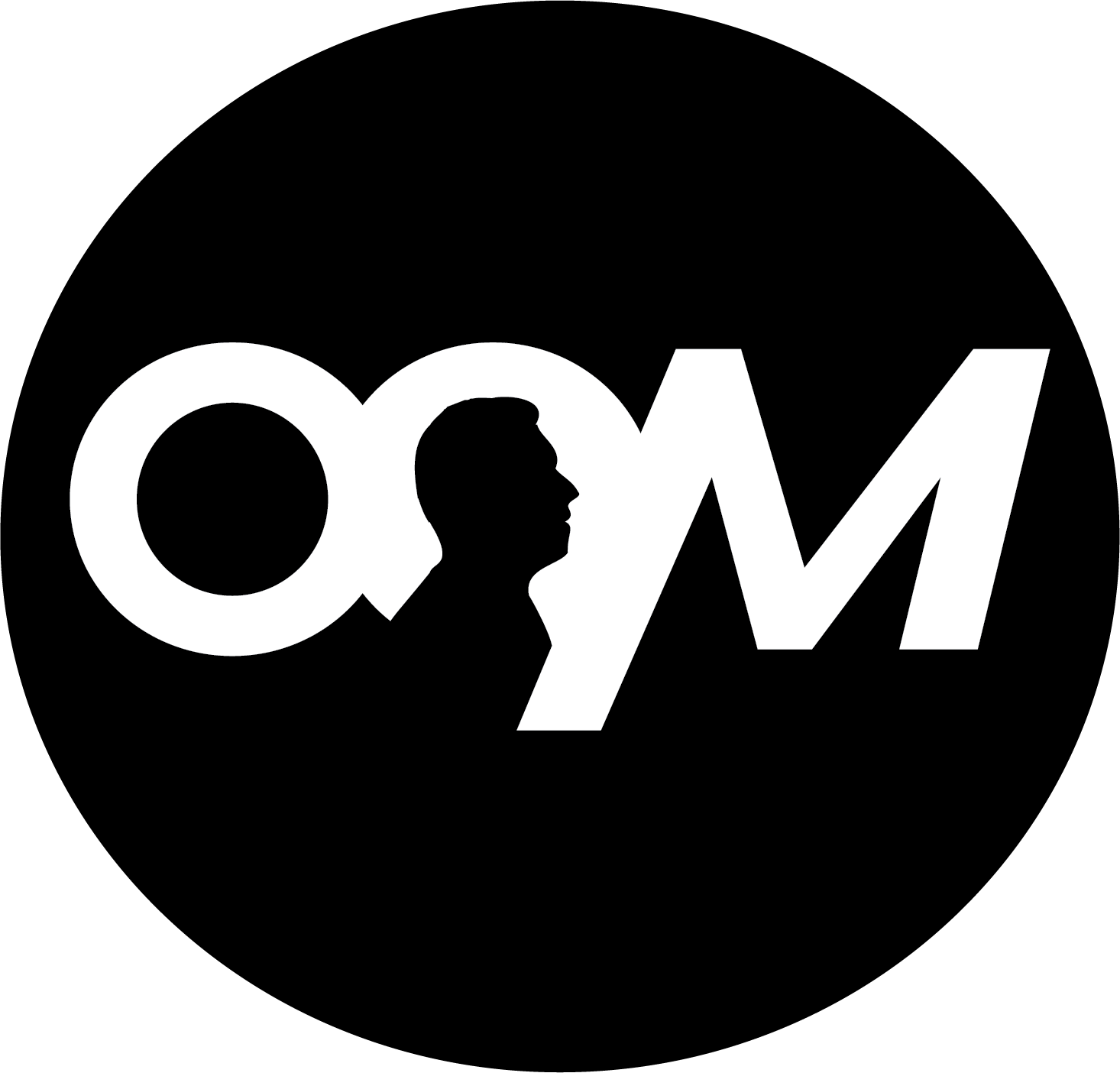In an era where digital transformation dictates market leadership, your tax business can’t afford to fall behind on technological advancements. In fact, one of the reasons small tax businesses fail is they use outdated tech. Staying ahead in the fast-evolving tax industry means leveraging technology to enhance accuracy, efficiency, and client satisfaction. Learn about the technology your tax business should update below.
Cloud-Based Solutions
Cloud-based solutions revolutionize how tax businesses operate, offering unparalleled flexibility and security. Moving your operations to the cloud enables your team to access data and work from anywhere, breaking the traditional office boundaries. This transition improves your team’s efficiency and ensures the data integrity and accessibility critical to the tax industry.
AI and Machine Learning
Incorporating artificial intelligence (AI) and machine learning (ML) into your tax operations can dramatically increase accuracy and reduce errors. These technologies excel at processing large volumes of data quickly, identifying patterns, and predicting outcomes. Implementing AI allows for more effective tax planning strategies and risk management, ensuring your clients receive the best possible advice and service. However, keep in mind that these technologies exist to enhance human productivity, not replace it. You’ll still need to monitor and check AI work.
Cybersecurity Measures
As tax businesses handle sensitive client information, implementing advanced cybersecurity measures is nonnegotiable. Even if your tax practice isn’t showing any of the signs of being at risk of cyberattacks, upgrading to sophisticated encryption methods and multifactor authentication is still a good move. Doing this will better safeguard your clients’ data from cyber threats.
User-Friendly Platforms
You can significantly improve your clients’ experience by introducing user-friendly platforms for data submission and communication. Streamlining the client interaction process enhances satisfaction and reduces the chances of errors during data collection. Investing in platforms that offer a seamless interface for your clients to interact with your service can set your business apart from the competition.
As we explore the technology your tax business should update, it’s clear that the advancements in cloud computing, artificial intelligence, cybersecurity, and client interaction platforms are necessities for staying competitive. Upgrading your technology not only positions your business as an industry leader but also optimizes operations, secures client data, and enhances overall client satisfaction. The time to invest in these technologies is now, ensuring your tax business remains relevant and thrives in the digital age.




